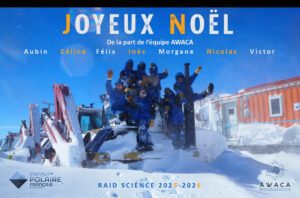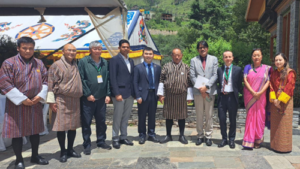Séminaire
A New Theory for Heat Extremes in a Changing Climate
Yi Zhang (Courant Institute, New York, USA)
Séminaire du LMD à l’ENS.
Description
Recent Northern Hemisphere heatwaves have reached temperatures far beyond the upper tail of previously observed distribution. These record-breaking events present a challenge to the statistical assessment of their likelihood, calling for a revised physical understanding of heatwaves. Several mechanistic drivers, such as atmospheric blocking and soil moisture-atmosphere feedback, are well-documented for their role in elevating surface air temperatures. Our study, however, focuses on a lesser-studied process—convective instability, which inherently prevents persistent buoyant conditions in near-surface air, thereby regulating extreme heat and humidity.
We hypothesize that convective instability limits the annual maximum surface air temperatures over midlatitude land. From this hypothesis, we derive a theoretical upper bound for surface air temperatures. This upper bound quantitatively explains anomalies in some most extreme heatwaves, including the 2021 Pacific Northwest Heatwave. We also use this upper bound to identify a potential model bias in the warming trends of the hottest days. In the latter part of the talk, we turn to the wet-bulb temperature (TW), an indicator of heat stress. Tropical extreme TWs are limited by the warmest sea surface temperatures (SST) due to convection and wave dynamics. Using this mechanism, we present a theory for predicting the annual maximum TW in response to global warming, along with a seasonal forecast based on the El Niño-Southern Oscillation (ENSO) index from preceding winters.
Informations supplémentaires
Lieu
École normale supérieure – PSL
24 rue Lhomond – aile Erasme
Salle Claude Froidevaux – E314






